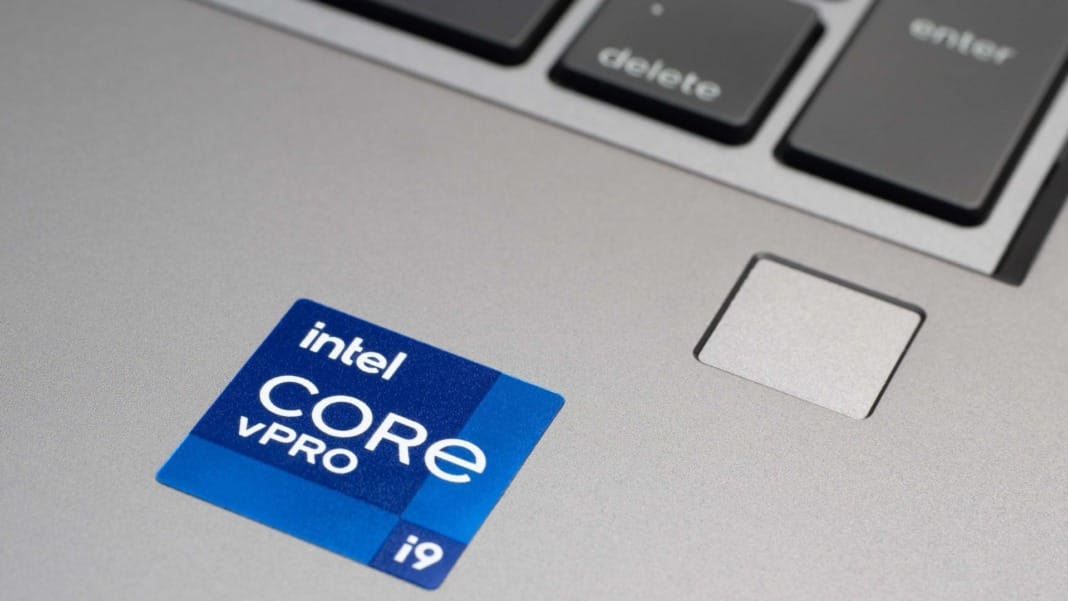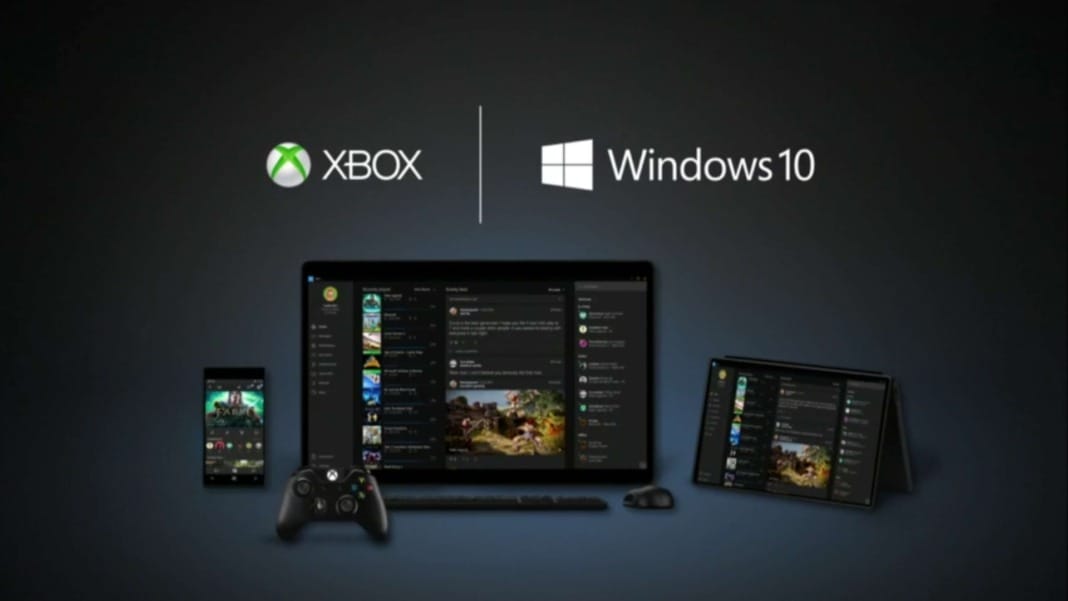In a recent turn of events, motherboard manufacturers have released BIOS updates aimed at enhancing the stability of Intel’s 13th and 14th Gen i9 processors, which have been experiencing crashes during gaming sessions. Last month, Intel acknowledged these issues and has been investigating them. However, the tech giant has now advised gamers against using the settings recommended by motherboard manufacturers.
Differing approaches to a technical fix
The core of the disagreement lies in the approach to adjusting the CPU settings for better stability. Manufacturers like Asus have suggested adopting an “Intel Baseline Profile,” which opts for “basic functionality” and “lower power limits.” In contrast, Intel advocates for a higher power profile that should be tailored according to the specific motherboard and processor model involved.
According to a statement released on Anandtech, Intel clarified its position: “Several motherboard manufacturers have released BIOS profiles labelled ‘Intel Baseline Profile’. However, these BIOS profiles differ from the ‘Intel Default Settings’ recommendations that Intel has recently shared with its partners regarding the instability issues reported on 13th and 14th generation K SKU processors.”
Intel elaborated that the ‘Intel Baseline Profile’ seems to be based on older power delivery guidelines that it had previously provided to manufacturers. These guidelines described the various power delivery options for 13th and 14th Generation K SKU processors, depending on the motherboard’s capabilities.
The company further emphasised that it does not recommend using ‘baseline’ power delivery settings on boards capable of handling higher values. Instead, Intel’s recommended ‘Intel Default Settings’ involve a mix of thermal and power delivery features, along with a selection of possible power delivery profiles tailored to the motherboard’s capabilities.
Performance trade-offs
While motherboard makers have not explicitly stated that their updates resolve the problems with Intel’s chips, enabling the baseline profile setting has appeared to mirror what users were already doing independently: downclocking their processors. This strategy may lead to enhanced stability, but it also comes with a trade-off in terms of performance.
As the debate continues, users are caught in the middle, having to choose between potentially better stability at the cost of reduced performance, or sticking with Intel’s advice and hoping for a more robust solution that does not compromise on speed. The tech community is eagerly watching to see how Intel and motherboard manufacturers will collaborate to address these stability issues without forcing users to sacrifice performance.





